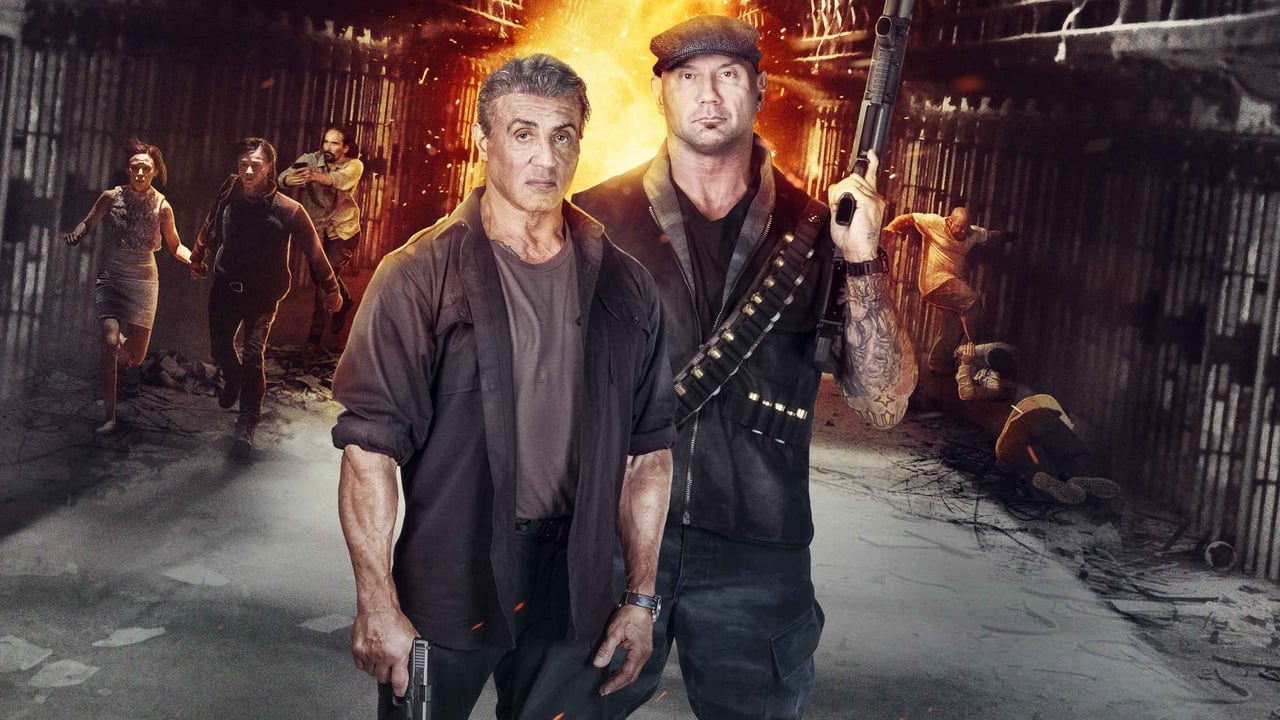

Finally divorced, she has less status than ever before, is framed for a robbery, and her bail is offered by upper-caste men who expect sexual favors as their reward.ĭevi is by now in her later teens or early 20s, and is played by Seema Biswas as a woman of violent rages and deep wounds.īy the time she is kidnapped by a gang of bandits, she has already become such an outsider that this is a move up in society - especially when she is befriended by Vikram ( Nirmal Pandey), the only man in the gang (or in the movie) who treats her with respect. When she flees back to her parents, they will not take her, because her "place" is with her husband. Devi is forced into sex by her 33-year-old husband while still a child, as her mother-in-law listens in the next room. (Caste is sometimes a matter of small privileges everyone in the village draws water from the same well, but the higher castes have a pulley that makes it easier.) Practices that are crimes in much of the world are accepted practices, apparently, in this area. Torn weeping from her mother's arms, she was used by her husband as a beast of burden, and taunted by the higher castes of the village where she now lived. It's a true story (the real-life Phoolan Devi went on to marry above her caste and became the first Untouchable to serve in the Indian Parliament) but it's a story without a happy ending.One of six children from a poor family, she was married at the age of 11, to a man who gave her parents a cow, and threw in a bicycle. But I only recommend it for people with strong stomachs. It was widely thought to be Oscar material, though apparently did not make the list due to political infighting within the Indian movie-making community.

"The Bandit Queen" was very controversial in India.

It was - and I think it was meant to be - sickening. In one of these scenes she beats her former husband with a rifle butt. There are several scenes of unbridled, I might say X-rated, violence in which Phoolan is seen to gradually wind up from anger to viciousness. What I found most striking in this movie is that it does not portray the heroine merely as a "wronged woman" but as a woman with deep psychological problems - to me she frequently appeared to be downright psychotic. The marital rape and abuse that follows drives her away and eventually, as an outcast, into a life of brigandage. The movie opens at the point at which the 11 year-old Phoolan is sold as a bride to a middle-aged man. "The Bandit Queen" is a powerful and repugnant portrayal of a modern real-life Indian outlaw, Phoolan Devi ("Goddess of Flowers").


 0 kommentar(er)
0 kommentar(er)
